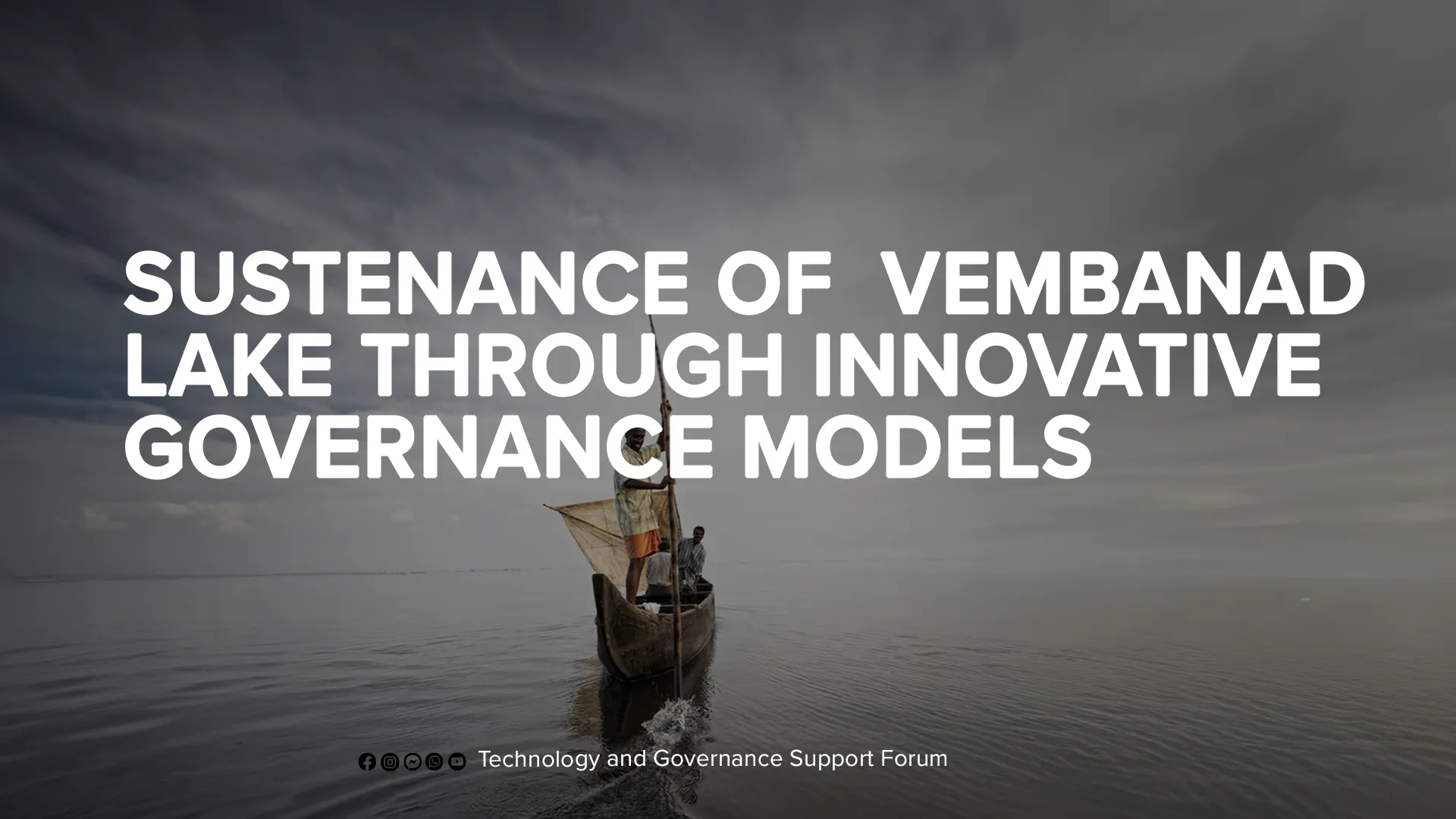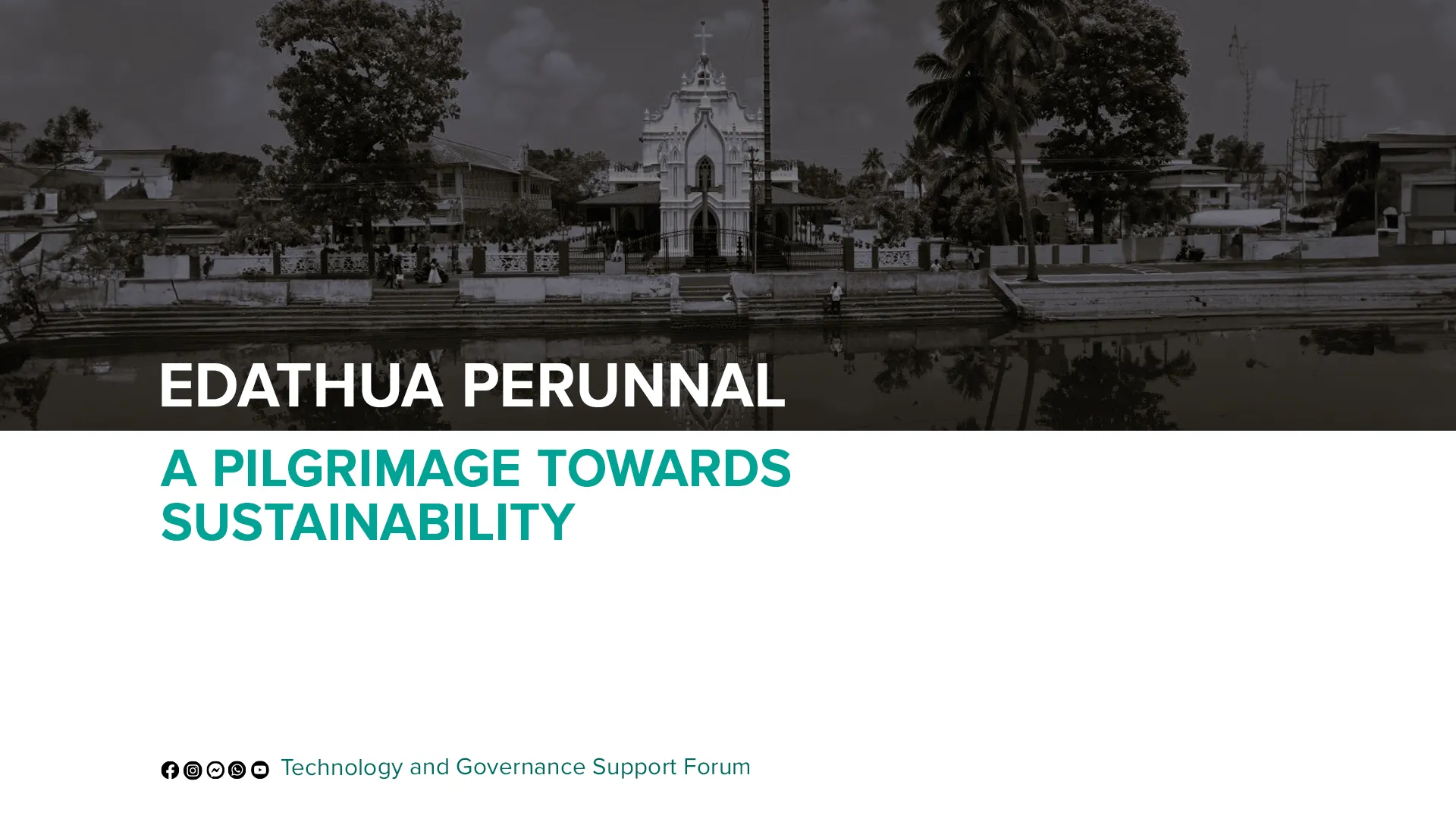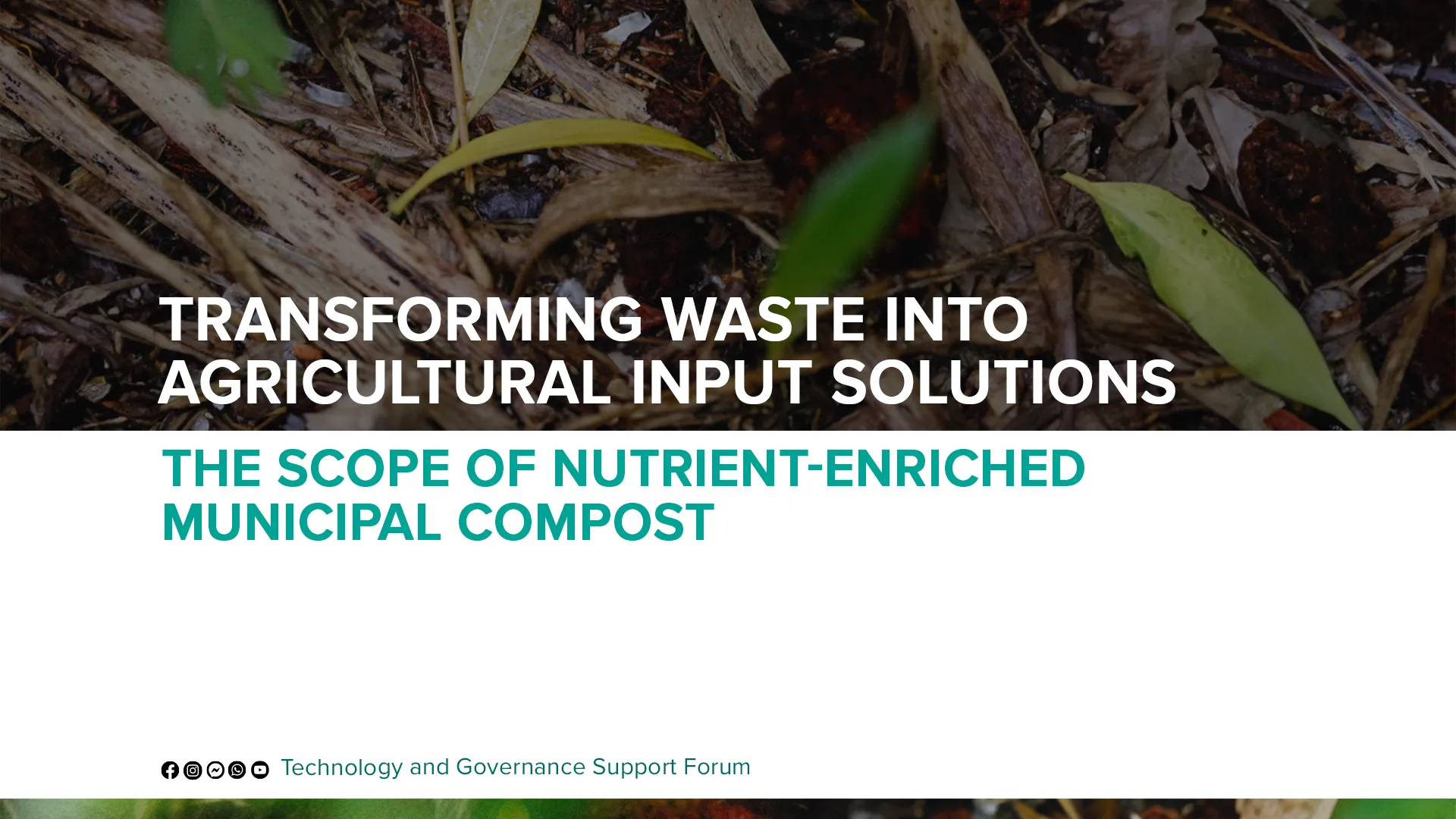Development Planning in the era of climate change: Student-citizens playing a part
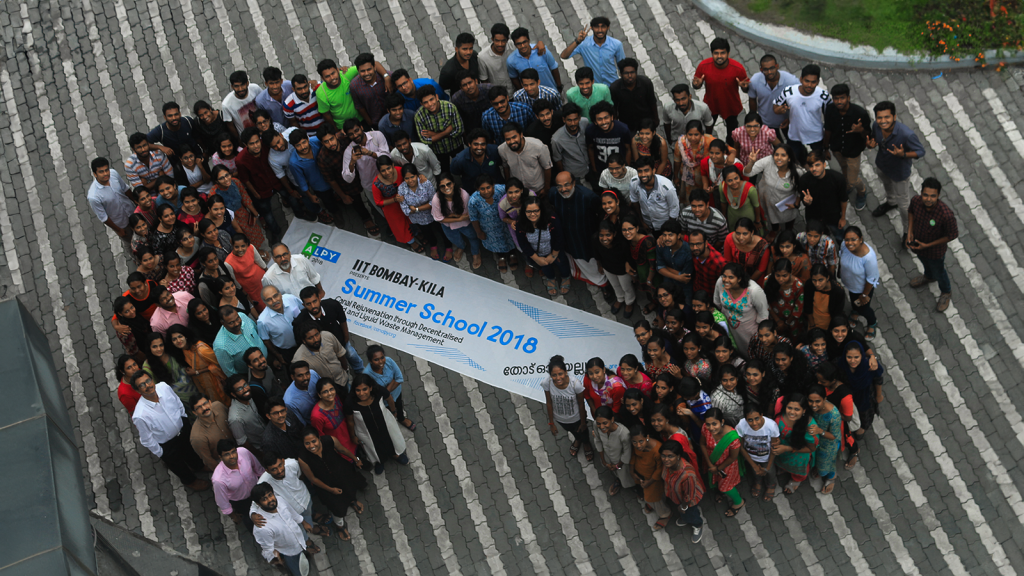
Tapping the potential of youth is imagined to contest the dreadful effects of climate change. Various forms of engagement are being carried out by young people around the world like cleaning drives, rescue operations where they volunteer to mitigate the effects of increasingly recurring events that occur in the form of cyclones, floods, landslides and other climate catastrophes. The concept of student-citizen evolves from the understanding that there lies enormous possibility with the youth, in how they think and reflect, that can help navigate the challenges set by climate change.
Journey from student to student-citizen
Canalpy, a platform emerged in Alappuzha experimented with the concept while envisaging stakeholders and utility groups tied to the canals. Kick starting by addressing the canal pollution in Alappuzha, the making of the student-citizen involved bringing in the student community to Alappuzha through summer and winter schools. It was about time that the student community engage with and understand the shifting development paradigms and feed newer imaginings on development which is considerate of the threat of climate change that is looming large.
Canals in Alappuzha were getting immensely polluted but a network very much in the heart of the town with the potential to boost a struggling economy that is finding possibilities in tourism. Schools facilitated the coming together of students from various disciplines including engineering, planning and social sciences from local academic institutions as well as across the country to form a contextual understanding of canal pollution. Not mere academic practice, these schools were spaces to form a critical understanding of grounded realities and an opportunity to engage in praxis.

New perspectives that piece together newer kinds of data are needed to introduce the impact of climate change into development planning. In Alappuzha, the student community were able to bring about radical changes in the way the canal network has been planned and understood. Involving themselves in an extensive data collection process they identified the many sub canals that run into the main canals polluting them. Mapping these sub-canals proved significant when Alappuzha was hit by urban floods which is turning out to be increasingly prevalent and canals a vital water body in combating these floods.
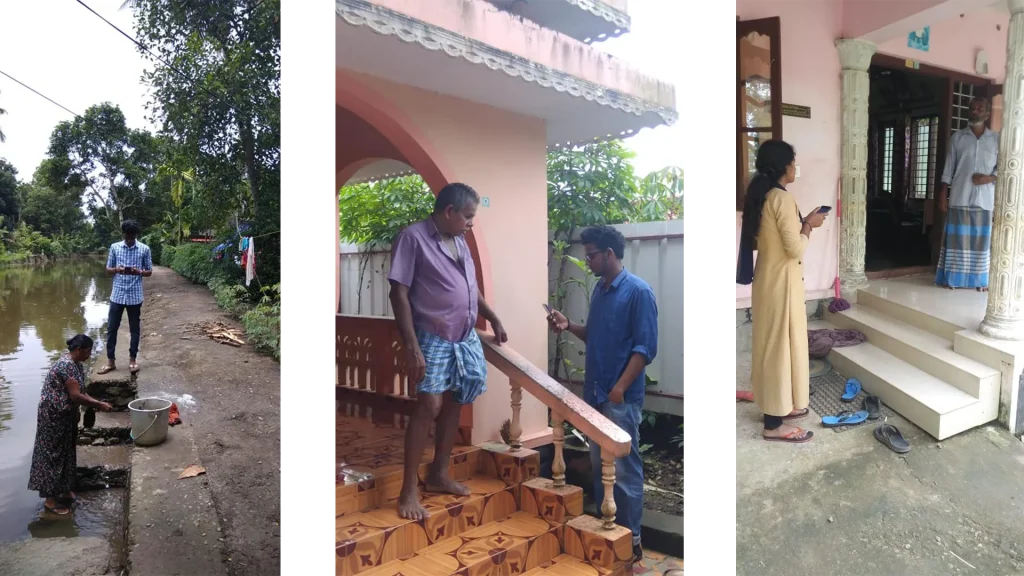
Student-citizens participated in campaigns and organized activities that have the potential to question the consumerist behaviors of the young population. Students from local academic institutes and others engaged in running Swap Shop which was a facility that helped exchange of used clothes thereby promoting the idea of reuse. Their activities capacitated urban local bodies which held a campaign Nirmala Bhavanam Nirmala Nagaram (clean house, clean city 2.0) in Alappuzha, an extension of the decentralization turn that Alappuzha Municipality took in the case of solid waste management.

The student community are citizens capable of making active claims by contributing to the planning process and contesting the existing land use regulations through the process of knowledge production. They are compelled to rethink the roles of the state in development planning.
Student-citizens for small towns in India
One student-citizen, who religiously participates in the schools and campaigns talks about having her roots in Alappuzha that helped her to retain interest in the process. She excitedly talks about meeting other students coming from various disciplines with multiple perspectives contributing to each other’s work, producing knowledge together. During the campaigns, she wrote press releases for the Swap Shop and spent time sorting out clothes, picking out the ones that are fit for reuse. She warmly remembers the comic book that has been designed for children to get them on board. This coming in of student-citizens are relevant for small towns like Alappuzha.
Small towns are becoming greenfield sites for development interventions, yet service and infrastructural deficit remains a characteristic feature of these small towns in India. Student-citizens are capable of addressing the deficits by bringing in the research component which is largely missing in the small towns. The student community also proposes appropriate infrastructural interventions that are feasible.
While everywhere effects of climate change are felt, coastal regions and low-lying areas are especially vulnerable to the rising sea levels. This makes the converging of academic attention through student-citizens particularly important for Alappuzha which is a littoral town. Mounting to this is the increased incidence of urban floods; prolonged water logging and polluted canal waters entering houses being a common occurrence. Local bodies struggle hard to deal with urban floods which are exacerbated by the pressures of urbanization, making student-citizens a much-needed presence in small towns that needs to be sustained.
Challenges
Getting students interested in the schools can be challenging. In the case of making student citizens in Alappuzha, the presence of IIT Bombay, an esteemed academic institution in the country, was helpful in making it appealing for the student community. Another challenge is to sustain the process of engaging with students and keep the idea alive. Canalpy was institutionalized to form Technology and Governance Solutions (TAGS) Forum and carried forward the idea of student-citizens through internships all the while making an effort to trying to stay close to the student community.
The interns bring with them interesting notions on planning. A Masters student in Environment Planning and Management talks about his decision to join the organization that tries to inculcate the aspect of environment and sustainability in the planning process. While working on a project that looks at extending sanitation infrastructure to a flood-prone area with a major share of marginalized population, he reflects on the scale of the planning process and the need to think small and think now. He talks about how planners get caught in the idea of the long term-feasibility of the project and tend to obsess around making profits from the projects largely ignoring the welfare of the people concerned. What is to be noted here is that it is imperative that there are ecosystems that document and acknowledge the change that student-citizens cultivate.
Future possibilities
The scope of expanding the concept of student-citizen is immense. It can be replicated in other parts of India as well which face infrastructural and governance deficiency and can help in bringing down the uncertainties posed by climate change.



